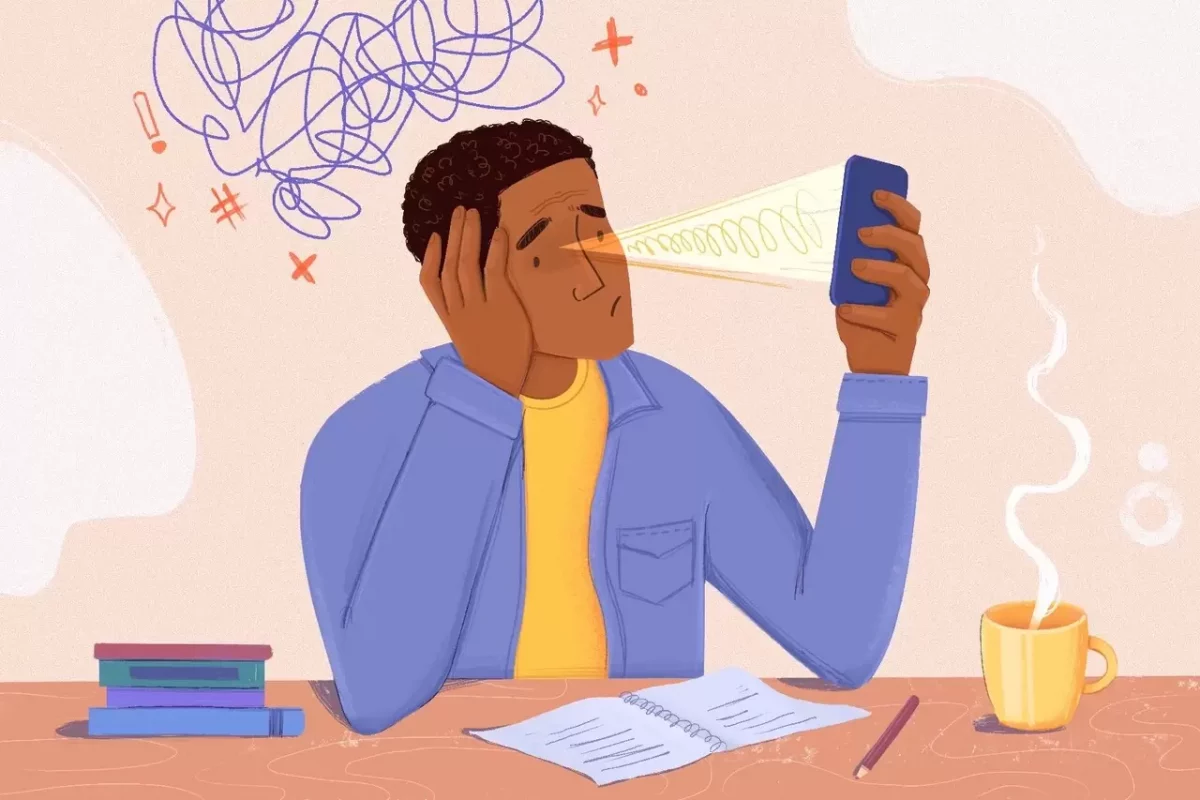Attention Deficit Hyperactivity Disorder (ADHD) is a condition that affects the way an individual processes information and responds to their environment. It is characterized by difficulty in focusing, frequent impulsiveness, and excessive restlessness. ADHD can be diagnosed in both children and adults and can have a significant impact on their daily functioning. Let’s take a closer look at what ADHD is and how it affects people.
What Causes ADHD?
Here are four potential causes of ADHD that are currently being studied by researchers.
Genetics
One of the main causes of ADHD is genetics. Studies have shown that if one parent has been diagnosed with this disorder, then their child has an increased chance of being diagnosed as well. Additionally, if a close family member or sibling has been diagnosed with ADHD, then the chances increase even more significantly. This suggests that genetics plays a large role in determining who will develop this disorder and who will not.
Brain Development
Another potential cause of ADHD is abnormal brain development or structure. For example, some studies have shown that people with ADHD often have differences in certain parts of their brains compared to those without the disorder. These differences can include a decrease in size or an imbalance in certain chemicals in the brain which may be responsible for regulating emotions and controlling impulses.
Environmental Factors
Aside from biological factors such as genetics and brain development, environmental factors can also play a role in causing ADHD. Environmental stressors such as poverty, abuse or neglect during childhood may lead to changes in brain chemistry which could contribute to the symptoms associated with ADHD later on in life. Additionally, exposure to toxins such as lead during childhood has been linked to an increased risk of developing this disorder later on down the road.
Lifestyle Factors
Certain lifestyle factors may also increase your risk of developing ADHD symptoms later down the road; these include poor nutrition during childhood, lack of sleep, and exposure to too much television or video games at a young age which may hinder normal brain development processes necessary for concentration and impulse control later on down the line. Additionally, substance abuse during pregnancy has been linked to an increased risk of developing this disorder among children born after exposure to drugs or alcohol while still in utero.
How Is ADHD Diagnosed?
ADHD is typically diagnosed through observation by a health care provider or mental health professional, such as a psychologist or psychiatrist. During an evaluation, your doctor will observe your behavior, ask questions about your symptoms, and review any relevant medical records. They may also evaluate your overall physical health to rule out other potential causes for your symptoms such as sleep deprivation or nutritional deficiencies.
Treatment Options for ADHD
Treatment for ADHD may include medications such as stimulants or non-stimulant medications like atomoxetine, which work by increasing levels of dopamine in the brain; psychotherapy such as cognitive behavioral therapy (CBT) or family therapy; lifestyle changes such as getting adequate sleep and exercise; educational interventions such as parent training programs; and other strategies like mindfulness training or nutritional modifications. The best treatment regimen will depend on the individual’s unique needs and preferences.
Attention Deficit Hyperactivity Disorder (ADHD) is a complex condition that can have significant impacts on an individual’s ability to function in day-to-day life activities. While there isn’t one single cause for this condition, it may be related to genetics or certain environmental factors like nutrition or exposure to toxins. If you suspect that you or someone close to you might be living with ADHD, discussing concerns with your doctor is highly recommended so they can evaluate the situation further and recommend appropriate treatment options if necessary.
With proper diagnosis and treatment from professionals experienced in treating this type of condition, many individuals living with ADHD can learn how to manage their symptoms effectively so they can lead meaningful lives despite the challenges associated with this disorder.









